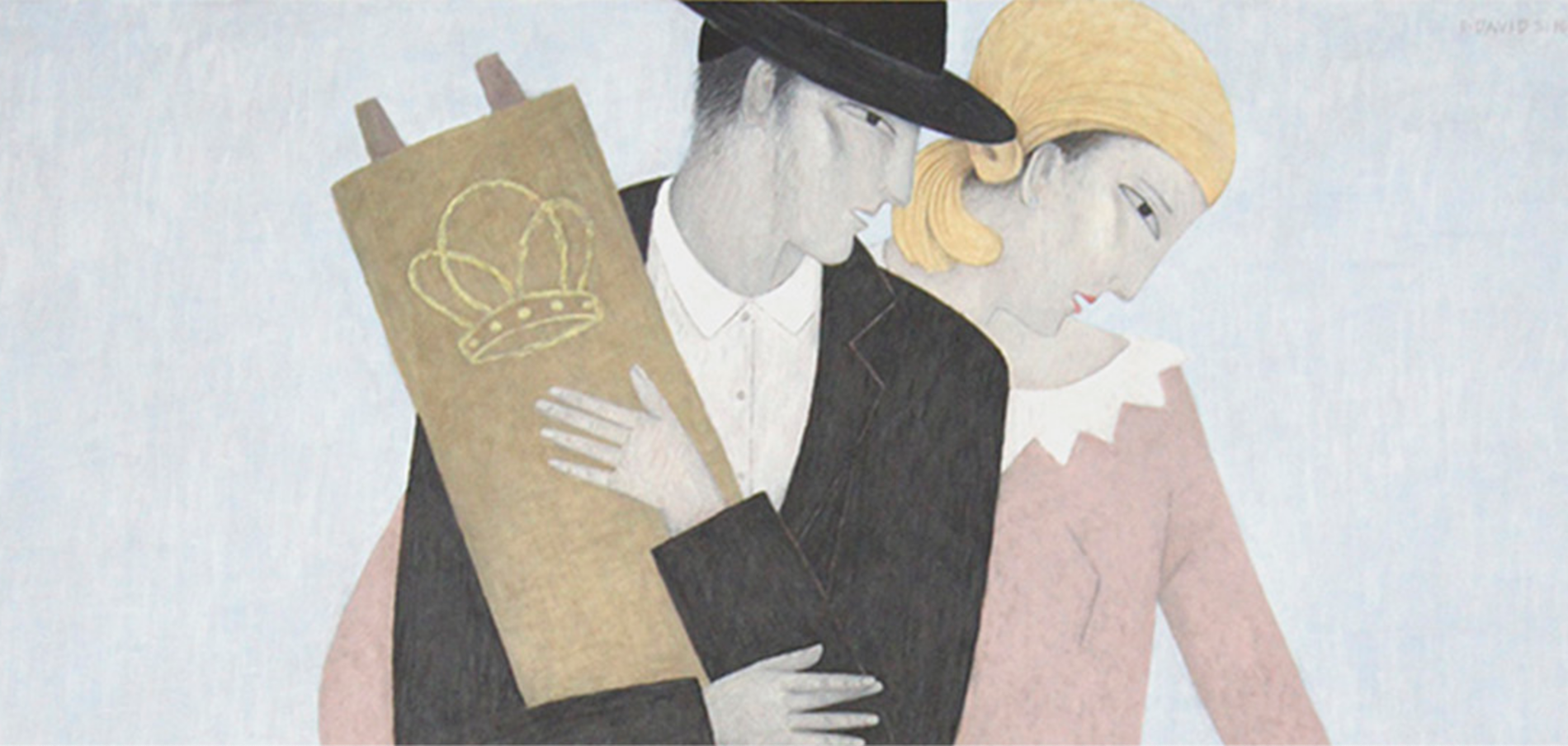Isn’t Swinging Chickens Animal Cruelty? How Could Religious Jews Do That?
Dear Jew in the City-
Every year I read about the Orthodox Jews who use chickens in some sort of atonement ceremony. It seems incredibly cruel to have chickens handled like this. Is there no law against animal cruelty in Orthodox Judaism?
All the best,
Jon
Dear Jon –
Thanks for your question. The ceremony in question, called kapporos, when done properly is no more cruel than picking up your own dog or cat when your dog or cat may not care to be picked up. The problem is that not everybody performs the ceremony properly.
First, a little background: The practice of kapporos (“atonements”) is more than 1,300 years old. Despite opposition from some early authorities (not based on animal cruelty issues), the practice has become near-universally accepted by Ashkenazic and Sephardic Jews alike. In the original practice, a person would circle a live chicken around his head. The chicken is then slaughtered and given to a needy family for a meal. In more modern times, many people use money, which is then donated to charity. I use cash but I don’t begrudge people who use chickens. I do, however, urge them to do so properly.
The issue is not the “waving” of the chickens per se (which is not cruel if done properly), nor is it the slaughtering of the chickens (which is always done for consumption); it’s the incidental mistreatment that’s a problem. For example, chickens might be left crated in the hot sun without water. They might be left within access of children, who might abuse them. One might hold them improperly while performing the ceremony. (It has also come to my attention that sometimes the chickens are discarded rather than being distributed to needy families. That’s not an issue of animal cruelty per se, but it’s still a problem.)
There is a Jewish concept called tzaar baalei chaim, which means that we are to avoid causing needless suffering to living things. The operative word is “needless.” God told Adam to conquer the Earth and to rule over the various creatures (Genesis 1:28). From this we see that the world’s resources are here for our benefit and they should be enjoyed. But God also told Adam to work the Garden and to guard it (Genesis 2:15). From this we see that we also have an obligation to protect the world. In short, we are permitted to use the world’s resources but we may not abuse them. Putting this idea into practice, we may slaughter a chicken for food (“use”) but we may not mishandle the chickens, leave them in the sun without water, or allow children to mistreat them (“abuse”).
The Talmud (Baba Metzia 85a) tells us a famous story about tzaar baalei chaim. Rabbi Yehuda HaNasi (AKA “Rebbi,” the compiler of the Mishna) once observed a calf being led to the slaughter. The calf ran to him and sought shelter by sticking its head under Rebbi’s garment. “What do you want from me?” the Sage responded. “This is why you were created!”
Rebbi’s answer wasn’t necessarily inaccurate but it was unsympathetic to the calf’s plight. In order to teach him a lesson in compassion, God afflicted him with an ailment that would last for 13 years. The punishment ended when Rebbi saw his maid about to sweep away a nest of baby rodents. He stopped her, citing Psalms 145:9, “God’s compassion is over all His creatures.” At that point, God determined that the message had been received and He healed Rebbi’s symptoms.
So, while one is permitted to “wave” a chicken overhead and even to slaughter it for food, that is not license to mistreat the chicken, neither actively nor passively. The reason one performs kapparos in the first case is to help atone for his sins and to get closer to G-d. It should go without saying that if one cannot perform the ritual without causing unnecessary suffering to the chickens, then it may be advisable to forgo chickens altogether in favor of waving and donating cash.
Sincerely,
Rabbi Jack Abramowitz
JITC Educational Correspondent
If you found this content meaningful and want to help further our mission through our Keter, Makom, and Tikun branches, please consider becoming a Change Maker today.








2 comments
Sort by
[…] these lines, consider the story of Rabbi Yehuda, which we previously had occasion to discuss in a different context. The Talmud (Baba Metzia 85a) tells us that Rabbi Yehuda once saw a calf being led to the […]
The chickens used in kapporot suffer horribly. They wait in the heat or sometimes in the cold, mashed together on top of each other with no water nor food sitting in their own feces. They are dumped in the garbage while still alive. Check out areas of Brooklyn when this ritual is done–their blood runs in the street. I know chickens & have them as beloved pets. Swinging a live chicken by their wings is frightening & painful to them. Chickens are sentient, innocent beings. We can easily & more efficiently use $ for kapporot instead. Using live chickens is barbaric and does nothing to promote Tikkun Olam nor a positive image of Judaism. Please do NOT use chickens for kapporot.